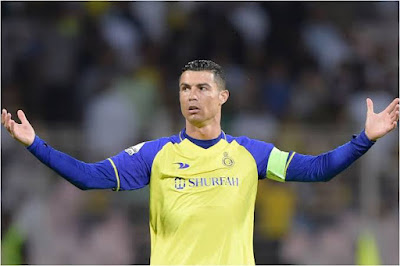Drake's Defamation Lawsuit Against Universal Music Group Dismissed: What the Dismissal Means
A significant development within the ongoing rap feud between Drake and Kendrick Lamar, a federal judge has dismissed Drake's defamation lawsuit against Universal Music Group (UMG). The legal battle, centered around Lamar's diss track "Not Like Us," has concluded with a ruling that underscores the protections afforded to artistic expression, particularly within the context of music.
This decision marks a setback for Drake and raises important questions about the legal boundaries of lyrical content in the music industry. The lawsuit, filed by Drake, alleged that "Not Like Us" contained defamatory statements that caused harm to his reputation. The track, released as part of the highly publicized feud, includes various lyrics and references that Drake's legal team argued were false and damaging.
The crux of the case hinged on whether the lyrics in question met the legal threshold for defamation, which requires the statements to be false, published, and cause actual harm to the plaintiff's reputation.
Judge Jeannette Vargas, presiding over the case, ultimately ruled in favor of UMG, finding that the lyrics did not meet the criteria for defamation. The judge's decision emphasized the importance of protecting artistic expression, particularly in the realm of music, where hyperbole, metaphors, and figurative language are frequently employed. The court recognized that rap music, in particular, often utilizes these techniques to convey messages and engage in creative storytelling.

Provided by OneStream Monetisation
Furthermore, the court considered the context of the ongoing feud between Drake and Kendrick Lamar. The judge noted that both artists had previously engaged in making derogatory remarks about each other through their music. This context was crucial in assessing the intent and impact of the lyrics in "Not Like Us." The ruling suggested that the statements made in the song, while potentially critical, did not rise to the level of actionable defamation.
The dismissal of the lawsuit has significant implications for the music industry and the legal landscape surrounding artistic expression. It reinforces the principle that artists should be given considerable latitude in expressing their views, even if those views are critical of others. This decision will likely be cited in future cases involving disputes over lyrical content, particularly in the genre of rap.
Drake's legal team has not yet released a statement regarding the dismissal, and it remains unclear whether they will appeal the decision. However, the ruling represents a clear victory for UMG and a validation of the court's commitment to protecting artistic freedom. The case serves as a reminder of the challenges involved in navigating the intersection of artistic expression and defamation law.

The court's decision underscores the importance of protecting artistic freedom and highlights the complexities of defamation law in the music industry. The outcome of this case will undoubtedly shape future legal considerations involving lyrical content and the boundaries of artistic expression.











Comments
Post a Comment